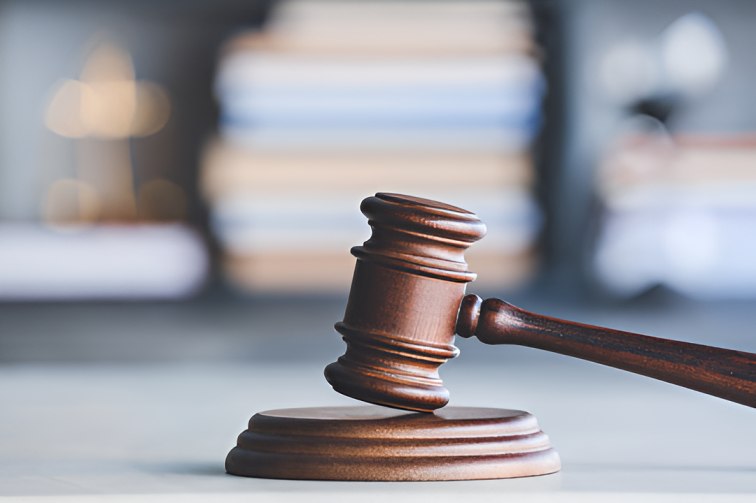Pakistani nationals sentenced to life in prison for heroin trafficking set free

Justice Wendy Kagendo overturned their conviction and sentence, citing a defective charge sheet, prosecutorial lapses, and breaches that undermined the fairness of the proceedings.
Six Pakistani nationals who were sentenced to life in prison over heroin trafficking worth Sh1.3 billion have been set free after the High Court in Mombasa found that their trial was flawed.
Justice Wendy Kagendo overturned their conviction and sentence, citing a defective charge sheet, prosecutorial lapses, and breaches that undermined the fairness of the proceedings. The court found that the accused were not given a fair trial.
The six; Yousuf Yaqoob, Yaqoob Ibrahim, Saleem Muhammad, Bhatti Ghafoor, Bakhsh Moula, and Prabhakara Praveen — were arrested in 2014 while working as sailors aboard a ship that was intercepted by Kenya Navy officers, maritime police and port officials.
Authorities reported finding 377.2kg of heroin, 33,200 litres of heroin-laced liquid, and 2,400 litres of diesel mixed with heroin. The drugs were valued at Sh1,322,122,000 in total.
The Pakistanis were charged together with Pak Abdolghafar, said to be from Iran.
All were convicted in 2023 by Mombasa Chief Magistrate Martha Mutuku after the state presented 35 witnesses, including Kenya Defence Forces officers.
In their appeal, the six said the magistrate had convicted them based on a trial conducted in a language they did not understand.
They told the court that a person who posed as a translator had participated in the proceedings without proving any qualifications, credentials, or certification in translation.
They also questioned the credibility of the evidence, saying the chain of custody had not been proven. In addition, they said they were taken to court over a suspicious package that had not been properly examined.
They added that the evidence used to convict them had already been destroyed and could no longer support the charges.
Their ship had been seized and later destroyed at sea in the presence of then-President Uhuru Kenyatta in 2014.
The appellants also said their trial failed to observe international laws of the sea and lacked representation from their foreign mission or embassy in Kenya, which they argued was a legal error.
Justice Kagendo found that the quantity of heroin in the charge sheet did not match the testimony by two government analysts. The analysts said the liquid heroin contained only 0.019 grams per litre, yet it had been counted as pure heroin per litre.
“If I dissolve a solid, say 5 mg of sugar, into a litre of water, can the entire litre of water be said to be sugar? Definitely not. That exaggeration of the quantity of drugs also affected the value and consequently the sentence that was meted out,” she said.
The judge also criticised the trial court for relying on just one translator despite protests from the defence.
"What I must emphasise is that the right to a fair hearing is non-derogable," she added.
